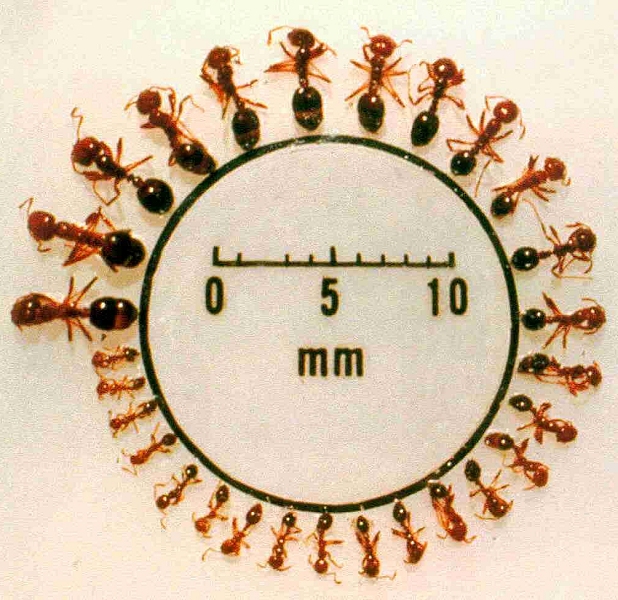So I have a small solenopsis invicta colony and I went outside and found a solenopsis invicta pupae (I am 100% sure its an invicta) I put it in with the colony I have and the workers are tending to it and taking care of it. My concern is when the pupae takes final form will it attack my colony or not? I don't see why it would.
- Formiculture.com
- Forums
- Gallery
- Members
- Member Map
- Chat

















